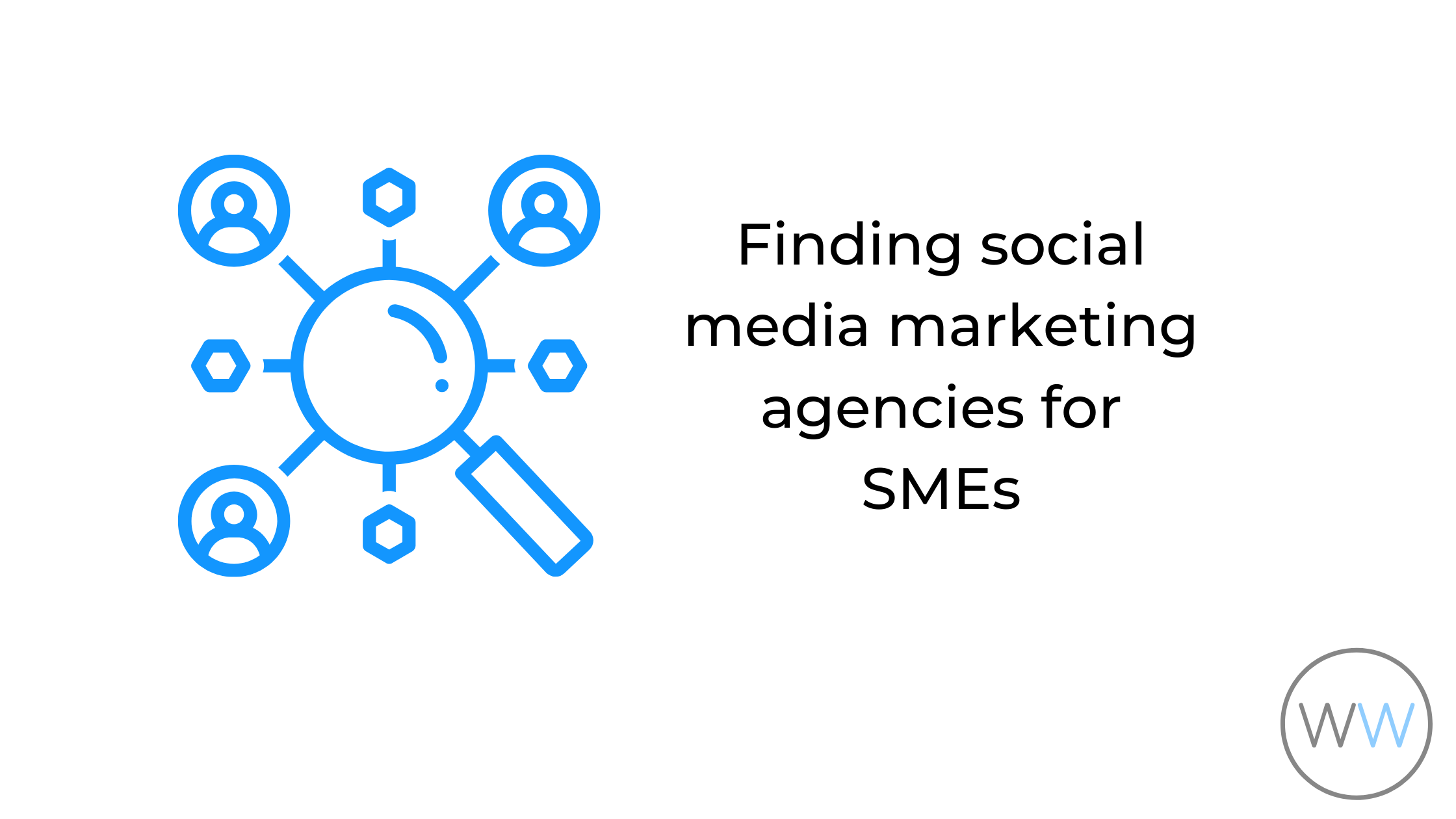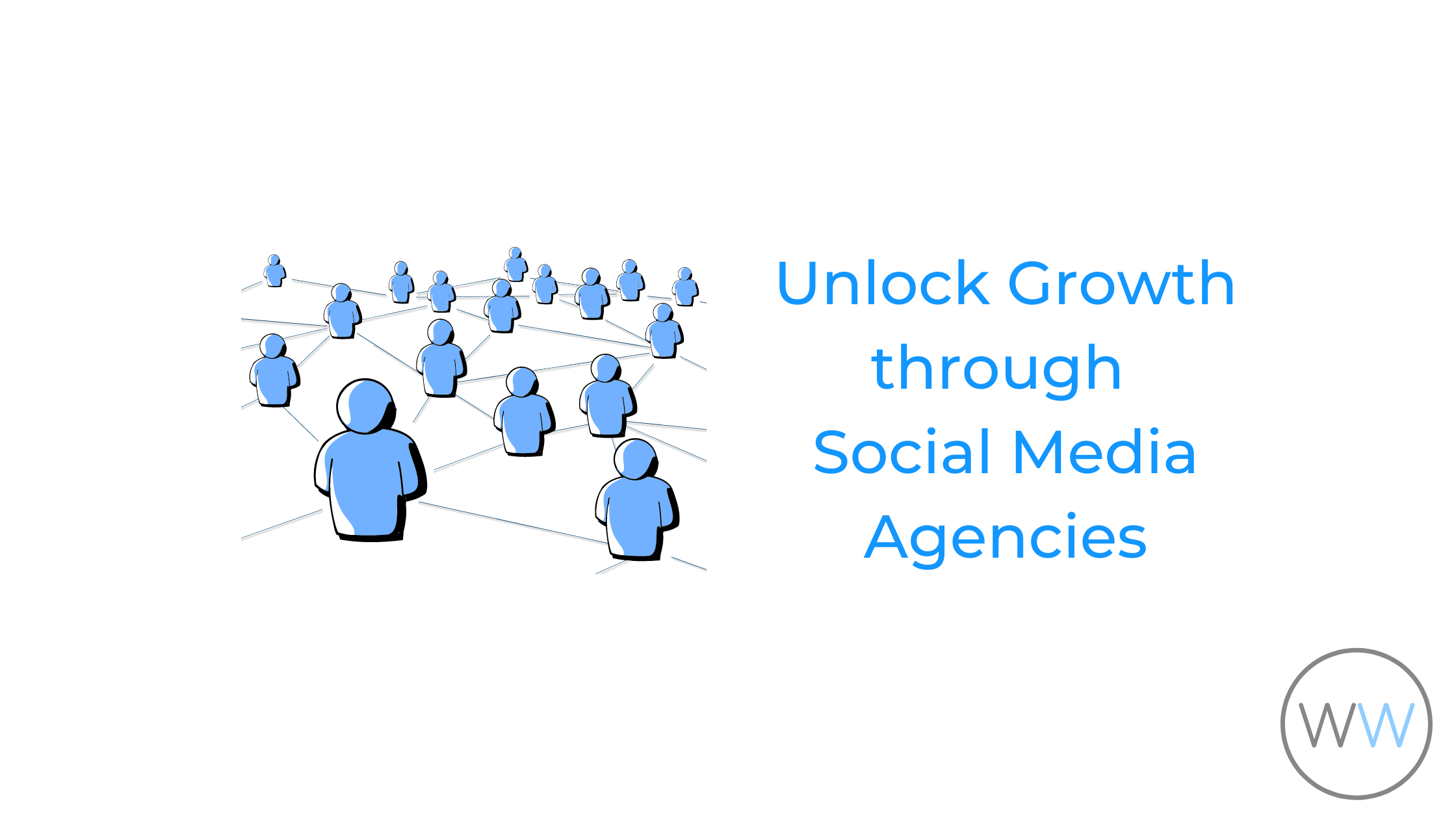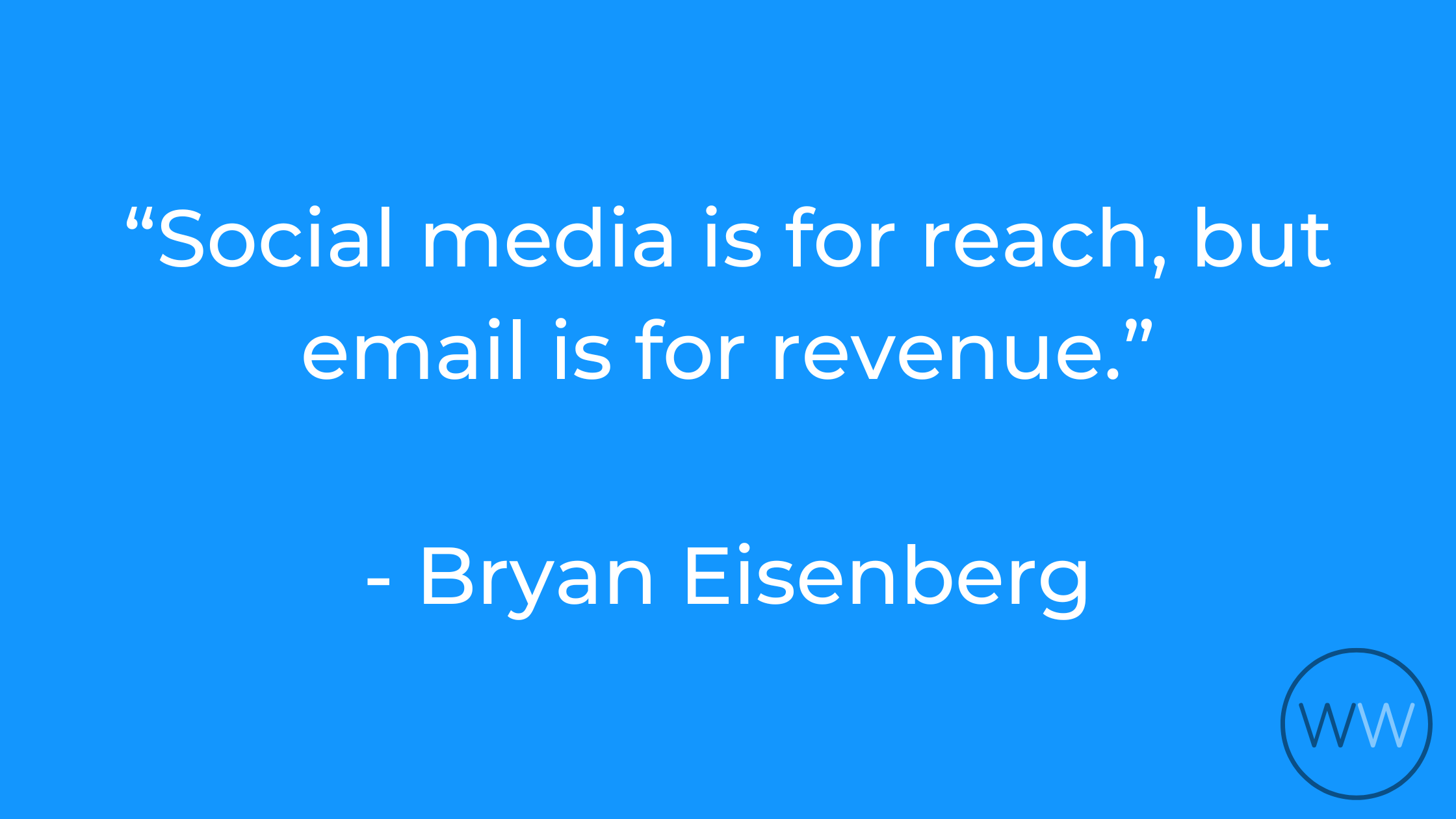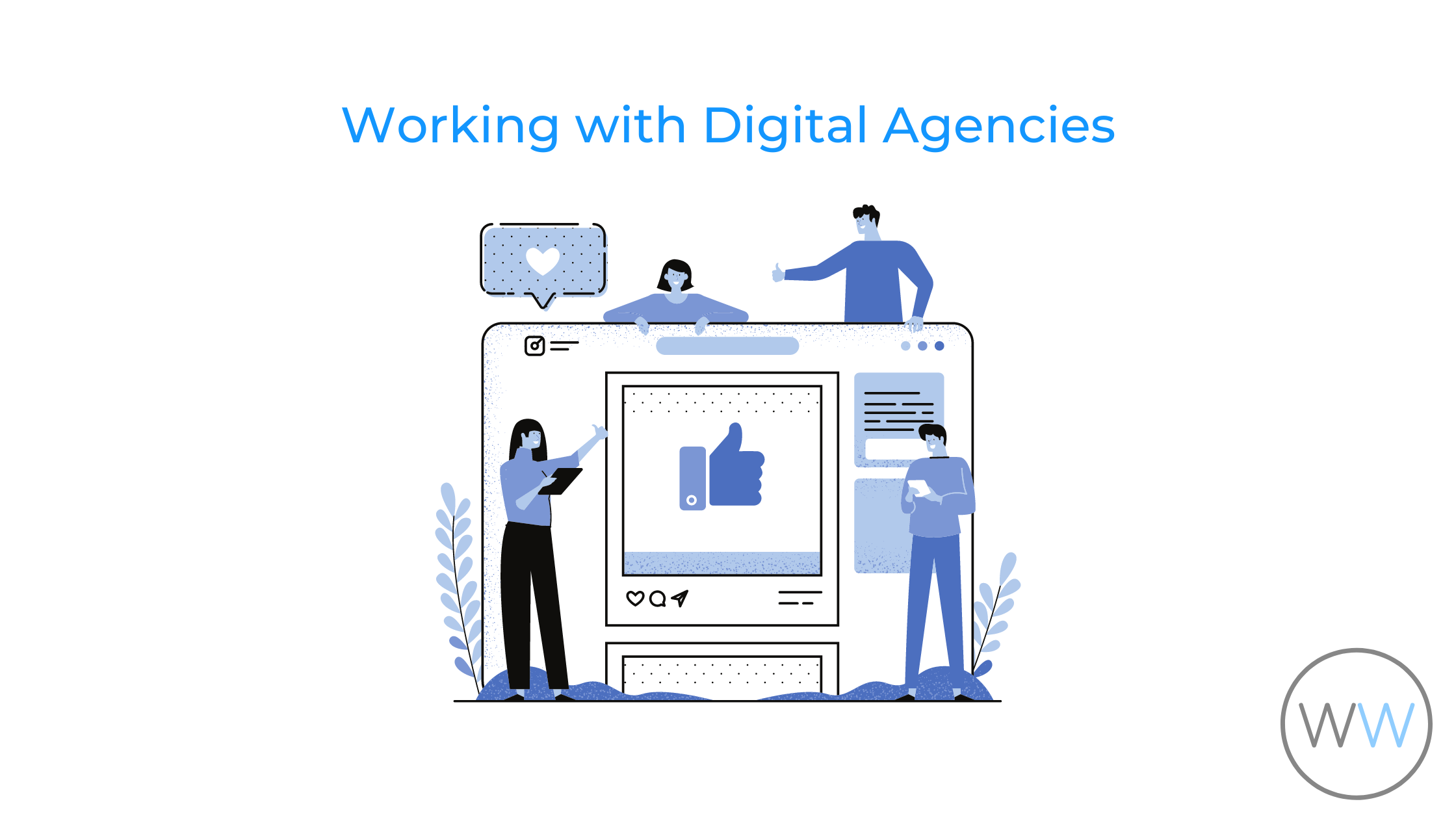Finding social media marketing agencies for your business
As social media continues its upward trend, businesses are all trying to cash in on the most sought after commodity – attention.
Social media marketing agencies are immensely valuable, especially to small businesses that don’t have whopping a great budget for channels such as TV and out-of-home advertising.
POST A PROJECT AND GET MATCHED TO SOCIAL MEDIA MARKETING AGENCIES HERE
Unsure if it’s right for you? Here are some tips to guide you before you ask an expert

Table of Contents
1. Select the right channel to reach your target audience
The key is to not be too rigid in your choices; we’ve seen B2B companies (business-to-business) do amazingly well through Instagram advertising and D2C companies (direct-to-consumer) get plenty of sales through LinkedIn.
Sometimes, going where other’s aren’t can work quite well for you.
Many business owners are turning to LinkedIn to bolster their personal brand, doing this can ensure you’re able to carry your credibility across your whole career too. Good social media marketing agencies will advise you if this is the right strategy for you and if it will yield results.
If this is your first foray into carrying out customer/market research, you’ll be able to catch into the consumer mind to understand what drives them. Depending on your target market, you should be able to answer questions such as;
- What social media companies or posts do they engage with?
- What websites do they frequent and why?
- What products interest them and why?
The ‘why’ behind all of these questions is the most important answer to figure out how best to target them.
2. Know when to cut your losses
It’s easy to continue advertising in the hopes that you’ll see some return on your investment, but sometimes, seeing zero conversions after 6 months means something needs to change – either the messaging or the channel.
You can’t expect quick results in a short amount of time, regardless of the marketing channel your using. There’s an assumption that pay per click advertising can deliver instant results, for anyone that’s done PPC, you’ll know this isn’t the case.
There are lots of variables to consider such as geo-targeting, target demographics, messaging and your landing page’s load speed. Pay-per-click campaigns, whether through search engines or social media, all require tweaking in some form.
The usual amount of time it takes is roughly 3 months to get good quality data & results according to most social media marketing agencies. Paid advertising isn’t something that you can throw money at, it’ll always need optimising to drive down your costs, per click or per acquisition.
3. Know your budget
Get this out of the way quickly. Be open and transparent with your budget rather than just fishing around – you’ll save time for everyone. Reputable social media marketing agencies won’t go into proposals without this and a clearly defined budget ensures that you get the right services at your disposal.
You can’t expect to do a global ad campaign on a shoestring budget.
Advertising budgets can be blown away quickly; you might think that social media marketing agencies are there to exhaust your budget but in reality – this money goes to the advertising platforms.
One of the best ways to ensure you don’t fall into blowing away your ad budget is to keep a target CPA or ROAS. This is an optimal way of quantifying your marketing campaigns into digestible figures. Social media marketing agencies are able to tell you what the average CPA or ROAS may be for your industry in general but it won’t be entirely accurate if you don’t provide your current sales data.
CPA – Cost Per Acquisition: The cost per converted user.
Campaign budget ÷ acquired customers(conversions) = CPA
Your target CPA is based on your business, so you’ll need to have a good understanding of what each customer is worth to you.
ROAS – Return On Ad Spend: Revenue earned on a given conversion
Conversion Value ÷ Cost = ROAS
If it costs you £25 in ad spend to sell 1 unit of your product/solution at £100, your ROAS is £5.
This means that for every pound spent, you’ve seen a return of £5. The higher the ROAS, the more efficient your ad spend.
I recommend using ROAS over CPA as it gives you a better picture of your campaigns, especially if you have multiple products. While a CPA is good for understanding conversion costs, not all conversions are equal. This is especially true if you have multiple products/services at varying costs.
4. Pick a few KPIs. Or just one.
What’s the most important metric for you to gauge a successful marketing campaign? You can’t expect to get sales, brand awareness, traffic and sign-ups ALL through one campaign.
Stick to one or two quantifiable metrics and set reasonable targets.
The most successful small businesses and startups have one thing in common; a ‘North-Star KPI’. Growth, for a more generic term. They find this by seeking the most important metric that defines the success of their business, this helps them ensure that all of their efforts, from sales and marketing, are geared towards achieving that one goal.
The North-Star KPI varies for every business. For a blog or community, it could be monthly active users. For a social media platform, it could be daily active users. For most SMEs though, it’ll be something such as year-on-year growth (YoY%) or monthly sales volume.
Social media marketing agencies can help you decide which metric is the most important and if it’s possible to track it. For businesses with a high average order value, multiple touchpoints are always needed, this means you’ll need to work with your agency to set up funnels to track clicks through to conversions/sales.
It’s may seem difficult to pick but with a little analysis of your business as a whole, you can find the most important KPI by figuring out what growth lever you need to press on to get where you need to go.
When you’re setting metrics to track, make sure you know if your goal is a KPI (Key Performance Indicator) or an OKR (Objectives and Key Results). OKRs tend to be more top-level and KPIs are quantifiable metrics. I’d recommend getting to grips with OKRs for your business, this way, social media marketing agencies that you work with will be able to pinpoint which KPIs are the most useful in reaching your goals.
5. Understand organic and paid marketing
Organic is content you post (for free) and paid marketing/PPC is anything that costs you to display it – whether this is through a channel partnership with a blog site or paid advertising through Google.
To get a better idea, you can find exactly where your strategy fits by understanding ‘the four P’s of marketing’.

Source; https://shonaliburke.com/
LinkedIn works quite well for B2B companies. The cost per click is quite high, thus the acquisition cost can be also.
Just because you’re a B2B company, this doesn’t mean you should also dive into paid advertising; organic content through LinkedIn can work quite well with the right strategy. Most social media marketing agencies are able to give you an insight into this from previous campaigns, this can help you decide what’s right for you.
6. Don’t be afraid to ask
There is no such a thing as a stupid question – unless you haven’t Googled it first.
Social media marketing agencies are there to help you, not to make you feel as if you know less knowledgeable. They don’t and shouldn’t expect you to know everything, so if you need clarity or advice, ask.
Create a brief that outlines your deliverables as much as you can. When you’re sending your brief across to agencies, be sure to mention all of your questions along with it – it’ll save you time going back and forth. There are lots of online tools to help you create a brief if you’re stuck.
Some questions that can help you on your way;
- What are the core service offerings that you excel in?
- What certifications and accolades does your agency/staff have?
- What’s the size and scope of an average marketing campaign?
- What industries and types of companies do you usually serve? Tell me more about your ideal client?
- From what you understand about our industry/business, what services would you recommend and why?
- How do you measure results and what does a typical campaign report look like?
7. Keep an open mind
You may have heard from a friend that they lost money to an agency and didn’t get any results. In some cases, there are a few bad eggs that are just there to take your money – don’t let it be your story or make you turn away from it.
Advertising via social media marketing agencies could be the key your business needs to unlocking growth.
Although social media marketing may not be right for every business, you won’t know until you try.
Checking out reviews and testimonials can give you a good overview of how the agency operates and what the sentiment towards them is. As most social media marketing agencies are in the social media game, they’re definitely going to have some feedback (unless they’re quite new), especially as online presence is the face of their business.
You’ll need to get comfortable with feedback. You might have an awesome idea on how to connect with a new customer base but an expert may disagree with your strategy; that’s okay, lean in & ask why. Once you’re comfortable with having an open mind, you’ll be able to handle feedback from social media users better too.
Let’s face it, not everyone’s going to like to content you post or the ads you promote.

8. Build good relationships
Connecting with marketing experts and building some relationships within the industry can always help. The best social media marketing agencies don’t turn prospects away, they introduce them to other agencies instead. Plus, if you’re looking for a quid pro quo solution, helping a professional out means you can potentially access help from them also.
Mutually beneficial relationships in business can help you not just to survive, but to thrive. Look for these opportunities through communities and groups to learn from marketing experts.
Building good relationships with social media marketing agencies around your niche is one thing, but building these relationships with your customers is just as important. Don’t think of it as outsourcing your sales and marketing; you’re supplementing your product/solution & customer service.







